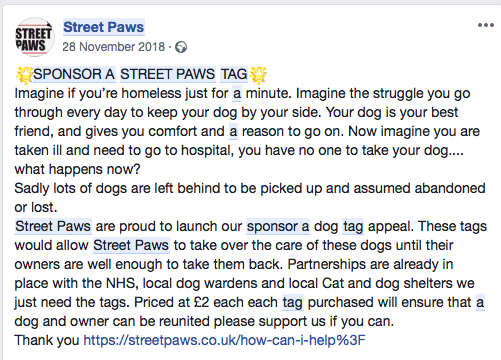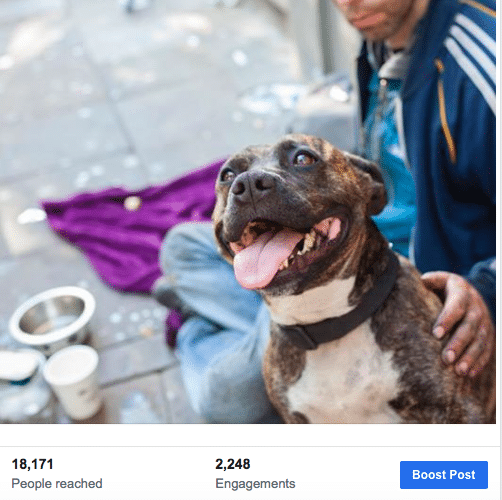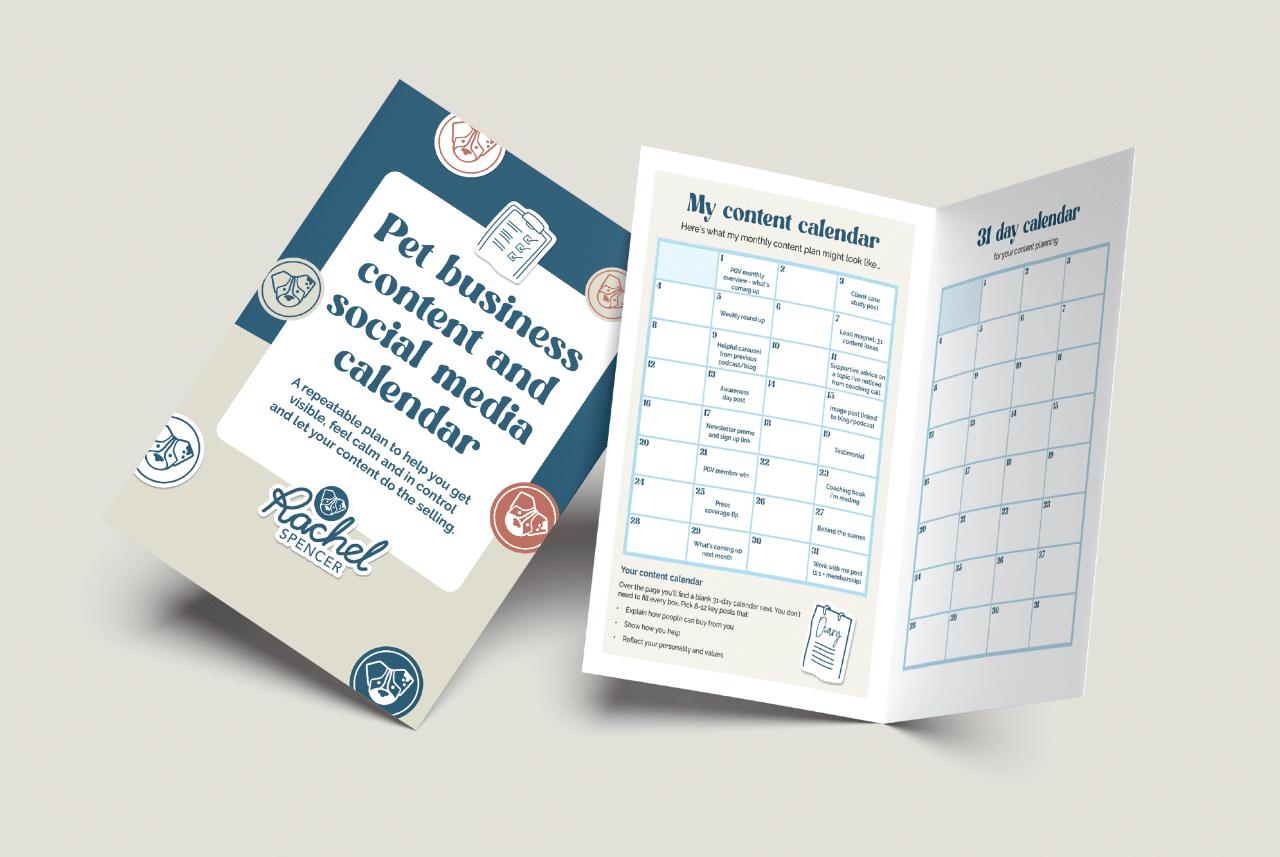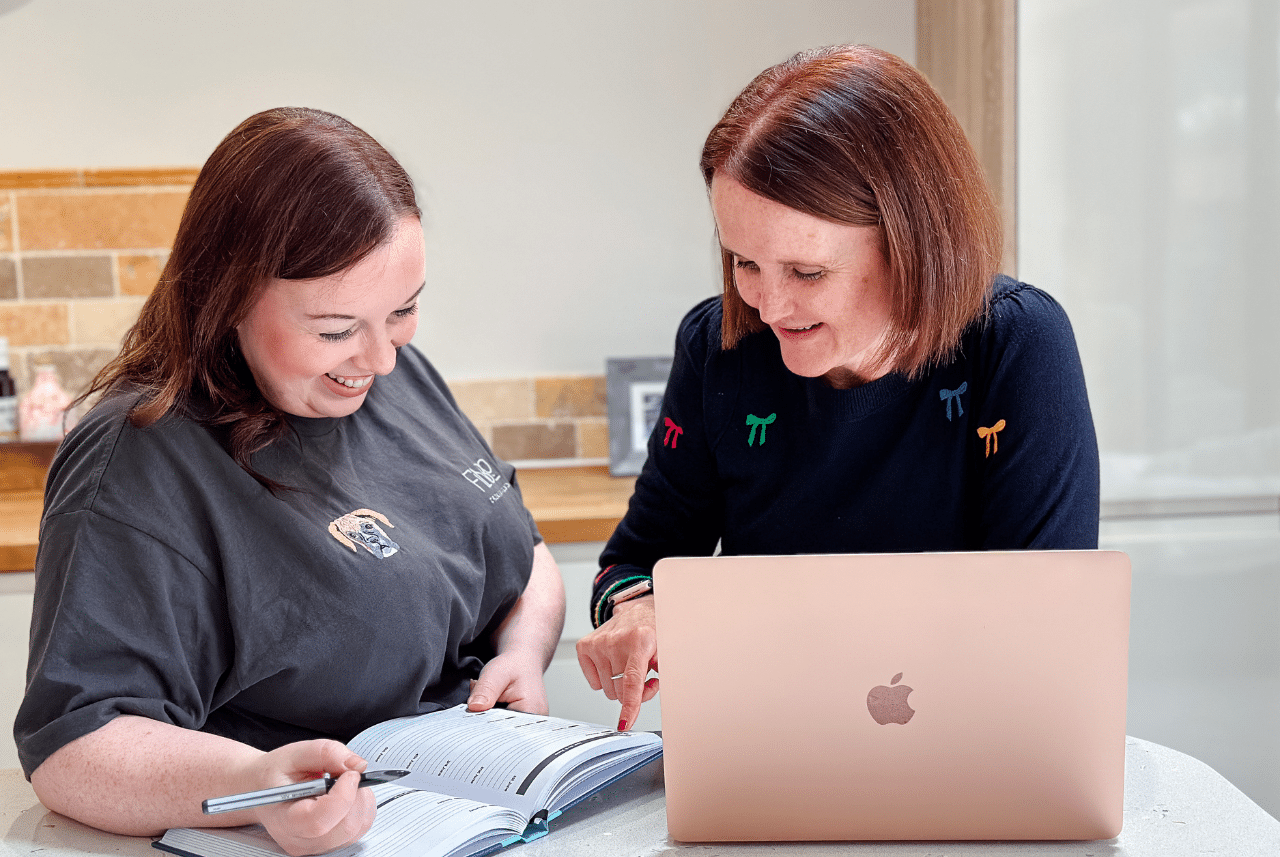What do you do when you have a message to communicate?
Send out an e mail? Write a Facebook post? Share a Tweet? Post a lovely pic on Instagram?
Whatever you do, there’s no right or wrong way to approach it.
And having worked in mainstream media for more than years I think it’s fantastic that brands and businesses can share their messages themselves.
Even as recently as ten years ago, before social media was so entrenched in our lives as it is now, if you wanted to get your message out there, PR was the only way.
Now you’re your own newspaper, magazine, TV or radio station because you can create content yourself and distribute it to a highly targeted audience.
Content is powerful and creating it is in your hands – isn’t that brilliant?
So the story I’m sharing today is about a campaign I recently worked on with Street Paws.
Street Paws is a charity that provides free veterinary care for animals living with homeless people and people who are vulnerably housed or affected by poverty.
Last September I joined them as publicity volunteer after being approached by their founder Michelle Southern.
Michelle is a former vet practice manager who recognised that animals living with homeless people needed support.
What started as a few vets going out to check on pets when they first launched in 2016 soon grew.
Now Street Paws has outreach clinics every month in 21 towns and cities in the UK and Ireland and you can find out more about their work at www.streetpaws.co.uk.
My role is to raise their profile in the mainstream media.
The more members of public know about the work they do, the more likely it is that people will donate and support them.
Another key message we’re always keen to share is that homeless people don’t have pets to get money.
Because less than ten per cent of homeless hostels are dog friendly, having a pet is a barrier to finding shelter and it’s the love of their animal that keeps people on the street.
In November 2018, Michelle explained they were trying to raise funds to buy collar tags to put on the pets.
Due to the cold conditions, during the winter, homeless people often collapse and need emergency hospital treatment.
Often, their pet is left with a bystander and dogs were being lost in the system. But Michelle recognised having collar tags with her phone number on could help.
The collars tags were £2 each and we needed 500. We decided to do a campaign – Sponsor a collar for £2 and keep a homeless pet and their owner together.
I did a blog post explaining how it would work and Michelle did a series of social media posts
Imagine you’re the reader. For £2 you can prevent a homeless person and their pet being separated during the gruelling British winter.
It’s something that resonates with any animal lover. The thought of being parted with your pet and having to live on the streets is heartbreaking.
This was Michelle’s Facebook post. She’s fantastic at communicating with her audience so you can see why it was a success.


This was the blog post www.streetpaws.co.uk/f/sponsor-a-collar-and-keep-a-homeless-pet-and-their-owner-together
It asked a question – have you thought about what happens to your dog when you’re homeless and need to go to hospital?
It talked about the problem – in the cold weather people living on the street often get very ill and collapse and need emergency care.
There was a story – a real life case study of an owner this had happened to and how Street Paws had helped him.
It talked about a solution – Michelle explained that by putting collar tags with the Street Paws contact number on each dog would mean ambulance staff could call for help for the dog.
Then there was the outcome – if each dog had the collar on, there would be less chance of them being lost and it would take the stress away from the owner.
Finally there was a call to action – how readers could help and make the collar scheme a success.
And then something amazing happened.
Fundraising for any charity is tough but in just over 48 hours the £1000 Street Paws needed was raised
If I’d put it out as a press release, we could have waited weeks, even months, for someone to pick up on it and publish it.
But creating content on the website and social media pages was a huge success and took less than a few hours.
Getting mainstream media coverage is great, but with PR, you can’t control when the story goes out.
You can’t control how it’s edited, what the headline will be, who will see it or even the pictures that might be used to accompany the story.
Natasha Courtenay Smith, a former national newspaper journalist turned digital marketing expert and co-founder of Bolt Digital agrees.
She said: “Becoming your own media powerhouse and publishing your own content gives you the ability to control all those pain points that existed previously.
“So the timing, the platforms, the message, the headline and the frequency. You don’t even have to have huge social followings as you can still reach large numbers by putting budget behind content.
“There’s still some prestige and brand value and results to be had from appearing in mainstream media.
“But where it was once mainstream media first and social second, I believe it will change to where we take control of our messages and see mainstream coverage as the cherry on top of the icing of the cake.”
Conclusion
When you’re thinking about getting your message out there, consider this.
You are the editor of your own newspaper, magazine or TV channel. You have so much power to communicate.
It’s there on the keyboard below the screen in front of you or, if you’re reading on your phone, it’s in the palm of your hand.
When you create your content, break it down. Make it engaging and emotional. Think about why your audience would care.
If you want to reach your existing audience and people like them, then your own channels can be far more effective than PR.
If you found this helpful, you might like to read:
The two types of publicity your pet business needs
Which type of core content is right for your pet business?
For regular tips on content and ways to promote your pet business, sign up to my newsletter here.





